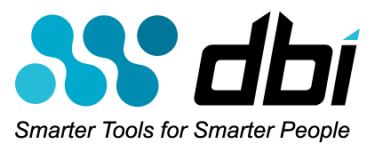What's all this fluffy cloud stuff about? Finally someone is explaining it in a way that makes sense to technical humans!
The DB2Night Show™ hosted special guest Mark Wilding, IBM STSM & DB2 Cloud Architect, in episode #26, and replays are available for your enjoyment and education!.
This Friday, 27 August 2010, Mark Wilding joins us again to offer "Part 2" of the technical details - a deeper dive into what this fluffy stuff is about, how it works, and tips and considerations for your success. Registration links are available on www.DB2NightShow.com
Amazingly, whether you realize it or not, your DB2 is already in the Cloud - along a journey of tiers that offer increasing cost savings. So, don't miss episodes #26 and #27!
The DB2Night Show™ is sponsored in part by IDUG, FREE DB2, and www.DBISoftware.com.
Cheers, your host,
Scott Hayes
[
more .. ]


